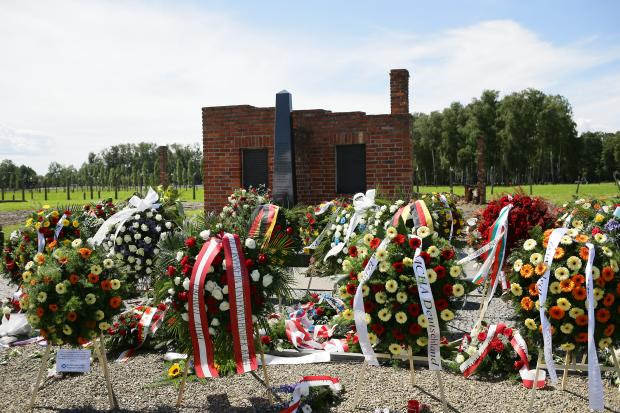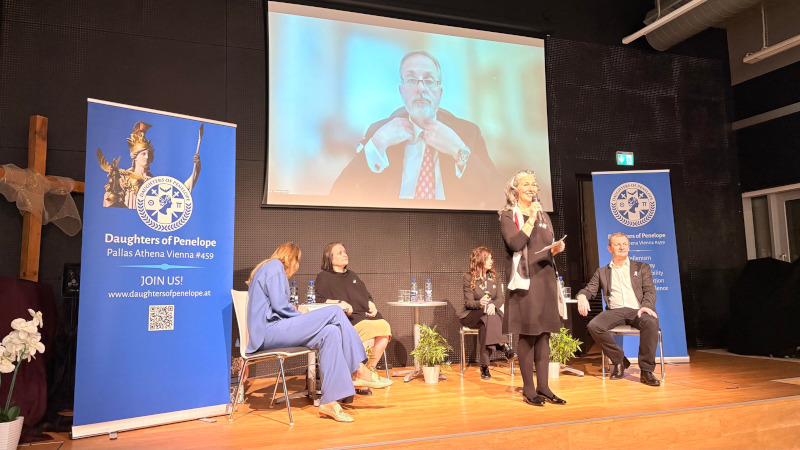Celebrations of the Roma Genocide Remembrance Day at the former Nazi concentration camp at Auschwitz-Birkenau
Knowledge of the Roma genocide is vital to overcome prejudice and strengthen our democracies, OSCE human rights office says.
We must move beyond commemoration to education in order to overcome the bias against Roma that allows hatred to fester, the OSCE Office for Democratic Institutions and Human Rights (ODIHR) said on today’s Roma Genocide Remembrance Day.
“To honor the memory of all those who were murdered in the Roma genocide 80 years ago, we need to do more to address the discrimination and prejudice Roma and Sinti face across the OSCE region today,” said ODIHR Director Matteo Mecacci. “By educating young people and raising awareness more broadly of the Roma genocide, we help protect the memory of victims and build more tolerant societies.”
On 2 August 1944, 4,300 Roma and Sinti were murdered in the Nazi concentration camp at Auschwitz-Birkenau. The majority of these victims were elderly, women, and children. Today, ODIHR will join survivors as well as representatives of governments, parliaments and international organizations at the location of the former Nazi camp in Oswiecim, Poland, to honour the memory of Roma and Sinti victims of persecution and murder during the Second World War.
Together with other international organizations, ODIHR is a member of the campaign #ProtectTheFacts, developed by the International Holocaust Remembrance Alliance to commemorate the Roma victims of the Nazi era and combat attempts to downplay or deny the persecution and murder of Roma and Sinti.
Holocaust remembrance and education forms an important part of the framework of the Action Plan on Improving the Situation of Roma and Sinti within the OSCE Area. Adopted in 2003, this framework calls for the inclusion of Roma history and culture, and in particular the genocide of Roma and Sinti during the Holocaust, in educational materials.
All OSCE states have recognized “the particular difficulties faced by Roma and Sinti and the need to undertake effective measures in order to achieve full equality of opportunity” for Roma and Sinti. ODIHR continues to support countries across the region in addressing hatred and discrimination of Roma, working with governments, civil society, and Roma communities to increase their participation in political and public life.



